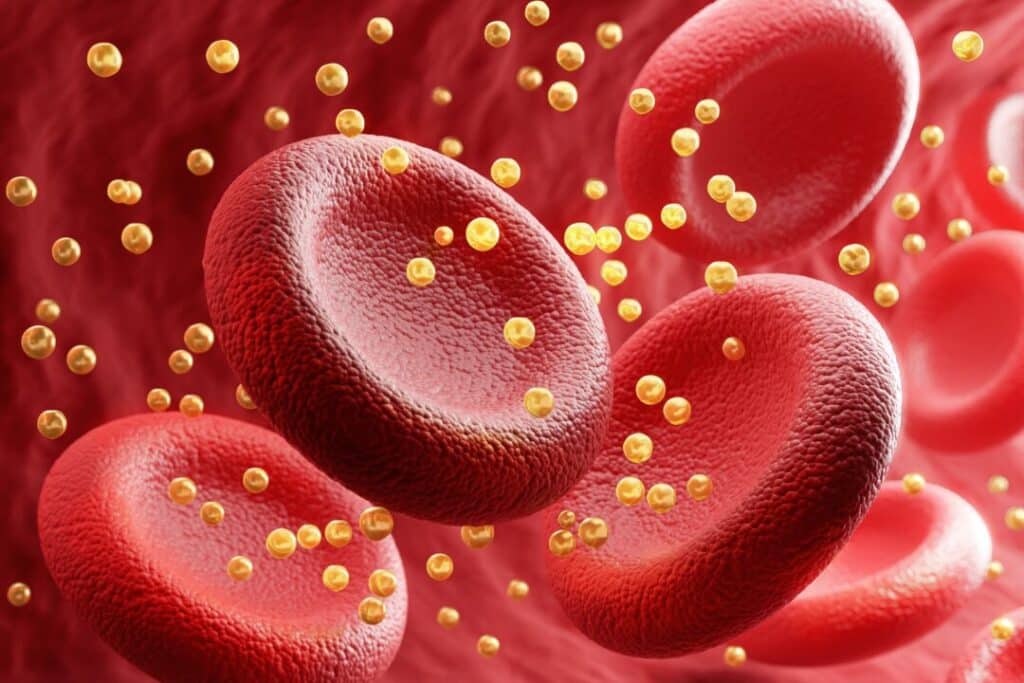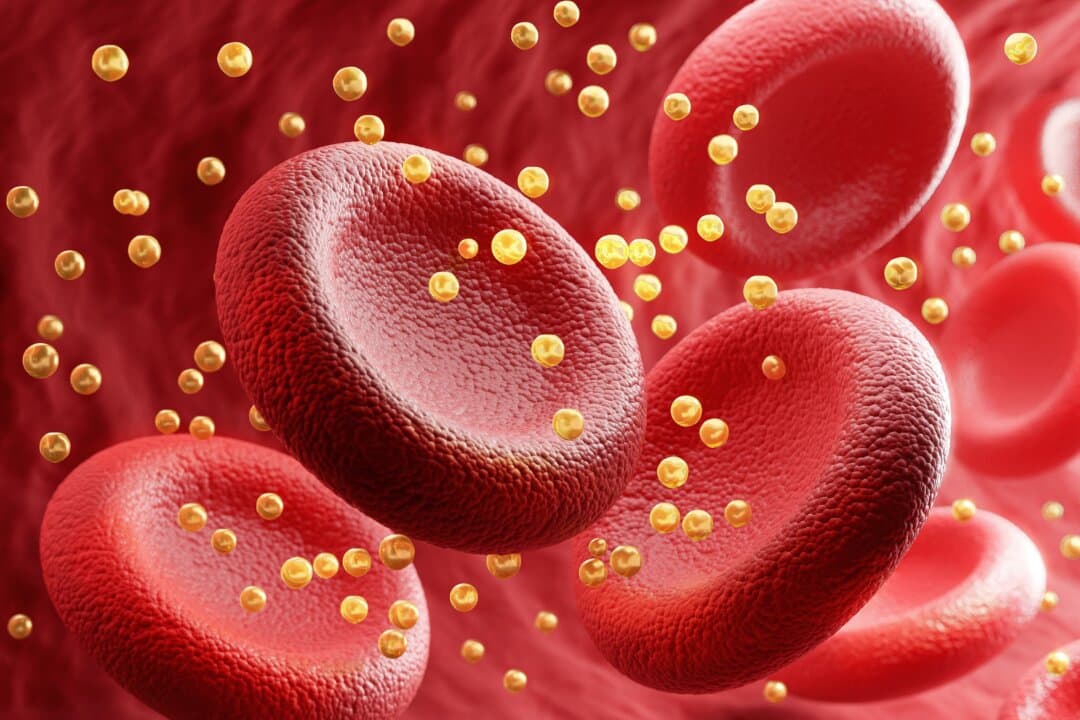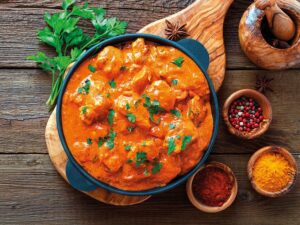
Nicholas Norwitz, a 28-year-old Harvard medical student with a doctorate in metabolism and nutrition from the University of Oxford, is challenging traditional views on cholesterol management. In an unconventional experiment, he compares the impact of Oreos and statins on cholesterol levels, aiming to validate the Lipid Energy Model, which could reshape our understanding of human metabolism.
Facing the challenge of being a “little fish with a big idea” in the esteemed environments of Harvard and Oxford, Norwitz investigates the contrasting effects of Oreos and statins on cholesterol, aiming to contribute significantly to scientific knowledge without the support of multimillion-dollar grants.
Cholesterol is a contentious topic in healthcare, with LDL-C (low-density lipoprotein cholesterol) often labeled as “bad” cholesterol. Norwitz’s experiment sheds light on the “lean mass hyper-responder” phenomenon, observed in individuals on low-carb diets, revealing a unique lipid profile that challenges traditional beliefs.
The experiment involves Norwitz consuming 12 Oreo cookies daily for 16 days, leading to a remarkable 71% reduction in LDL-C levels. In comparison, statin therapy results in a 32.5% reduction. The study suggests that adjusting dietary carbohydrates, regardless of the source, can significantly impact cholesterol levels.
Despite the attention garnered by the experiment, Norwitz emphasizes its limitations, cautioning against interpreting it as an endorsement of Oreos for heart health. The Lipid Energy Model remains an evolving concept, prompting the need for further research to understand its broader implications.
This study, while provocative, underscores the challenges independent researchers face in securing funding for unconventional research. Norwitz hopes his experiment sparks curiosity and encourages a broader examination of concepts that could transform our understanding of cholesterol management and personalized nutrition.


